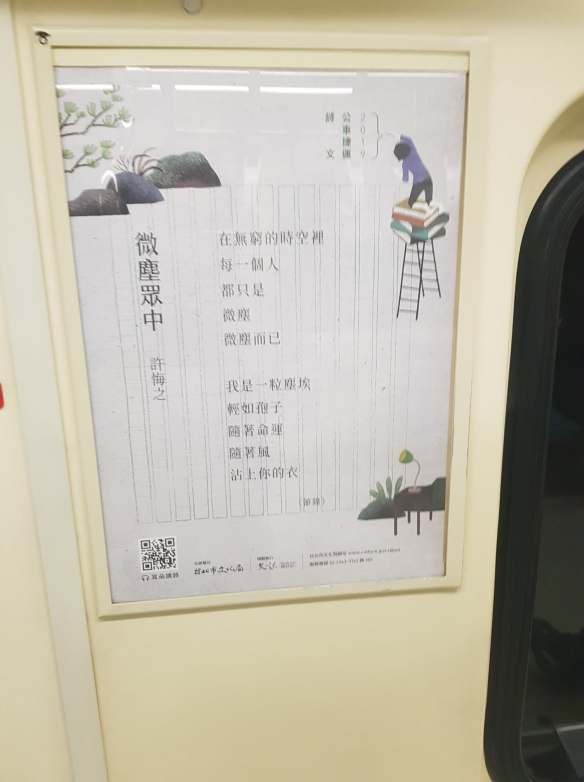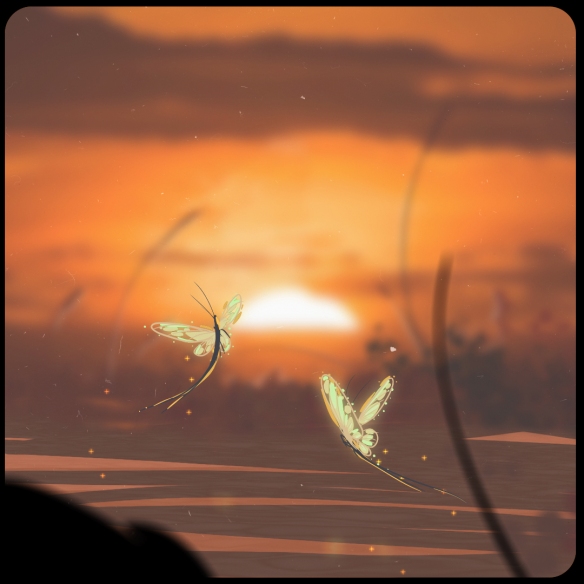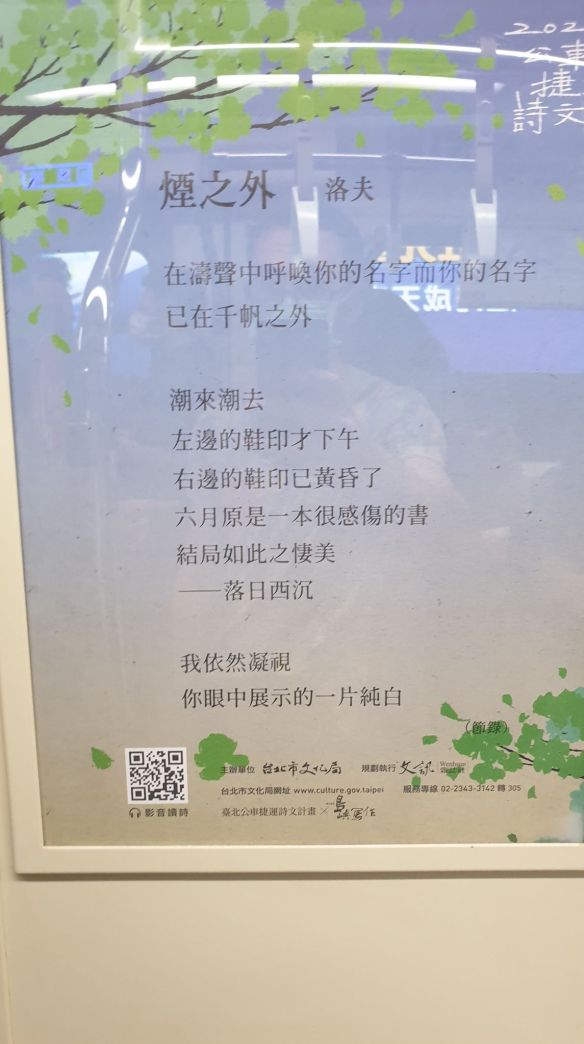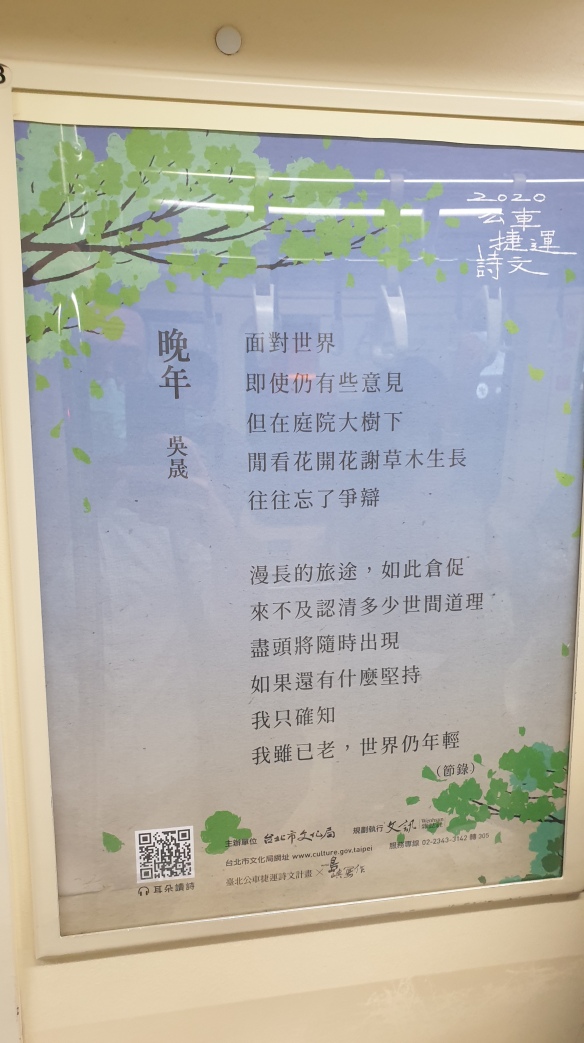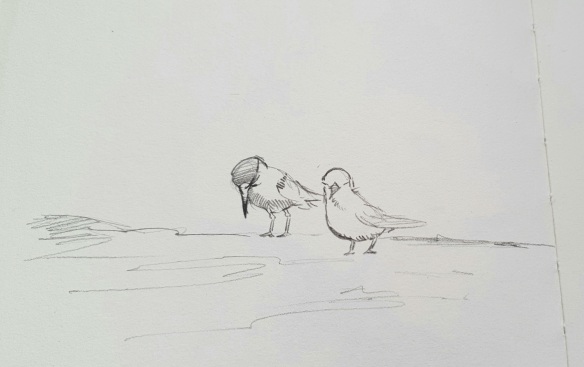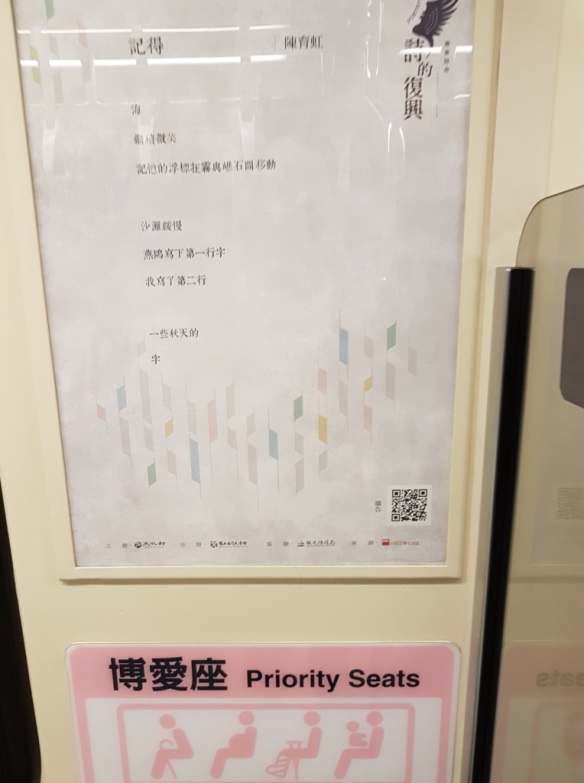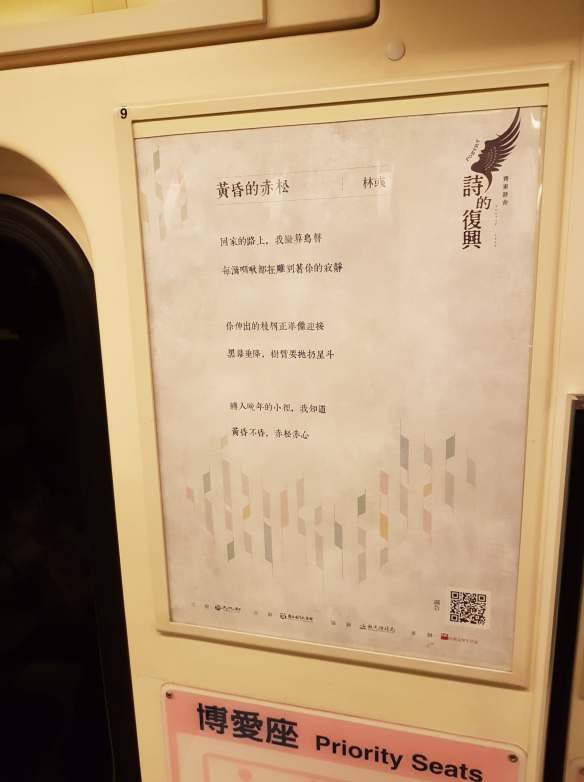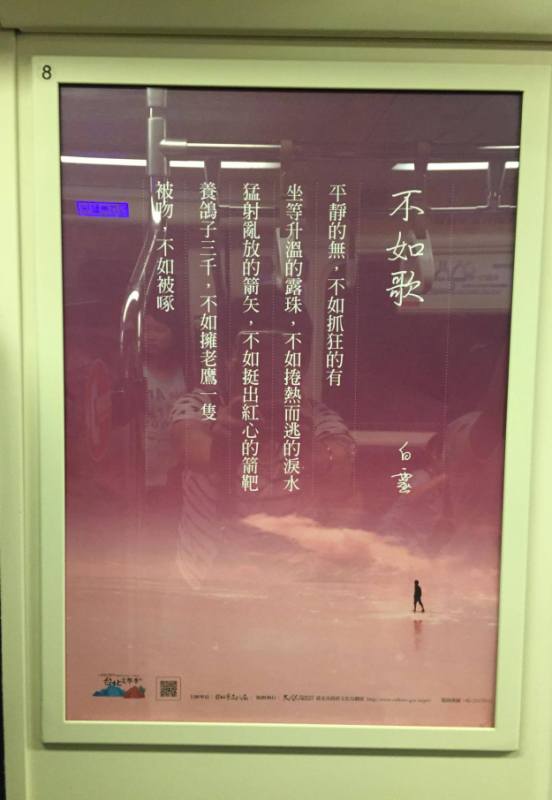
動物管理員和他的夢境
「你聽見了嗎?」
「聽見什麼?」
「河馬的聲音。」
「河馬的聲音?」
「有關安那其。」
「安那其?」
「不要學我說話。」
「不要學你說話?」
「你是笨蛋嗎?」
「我是老虎。」
The Animal Manager and His Dreamscape
“Did you hear that?”
“Hear what?”
“The sound of a hippo
“The voice of a hippo?”
“Concerning anarchy.”
“Anarchy?”
“Stop repeating everything I say.”
“Stop repeating what you say?”
“Are you stupid?”
“I’m a tiger.”
I liked the Wu Ming-yi-style magical realism conjured up by the title of this poem, however, the non-sequiturs kind of threw me off and I didn’t really vibe with the discussion between the disembodied voices. It’s possible I’m missing something in the interpretation of the poem and welcome any alternates in the comments section. I have to say that I’m not really a fan of Under Milk Wood-style stream-of-consciousness poetry that relies on dreams.
Ye Yu-ting has published two volumes of poetry, the self-published A Père David’s deer in peppermint-colored sleep (一隻麋鹿在薄荷色的睡眠裡) and The Invisibility in the Details (鉅細靡遺的透明) which was illustrated by Shiho So (a Taiwanese illustrator living in Tokyo). Ye graduated from the Chinese masters program of National Central University in Taiwan, where she headed up a poetry society. She has been the recipient of the Ye-Hung Female Poetry Prize and the Council for Cultural Affairs (now Ministry of Culture) poetry prize. For more information, you can see a profile of her here.


